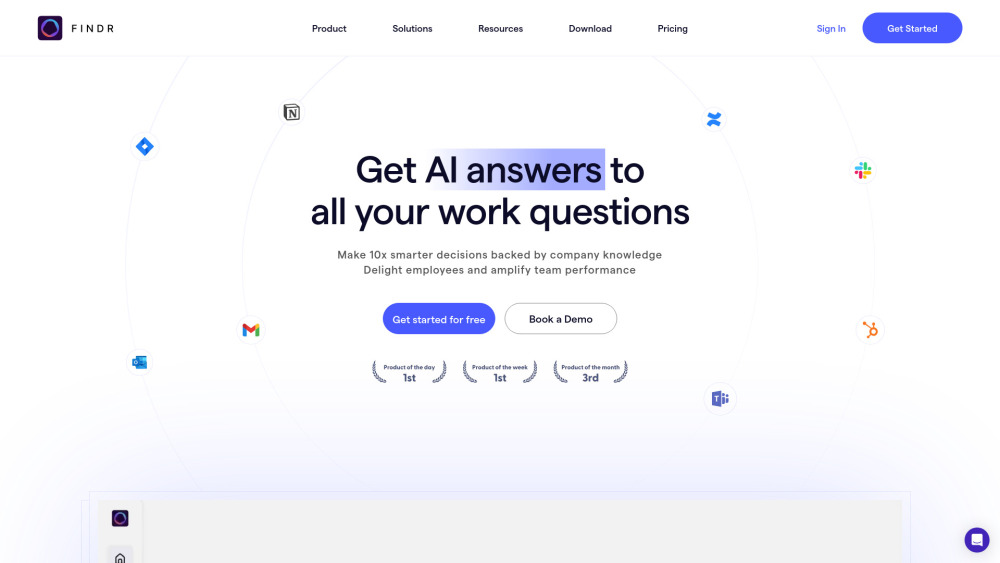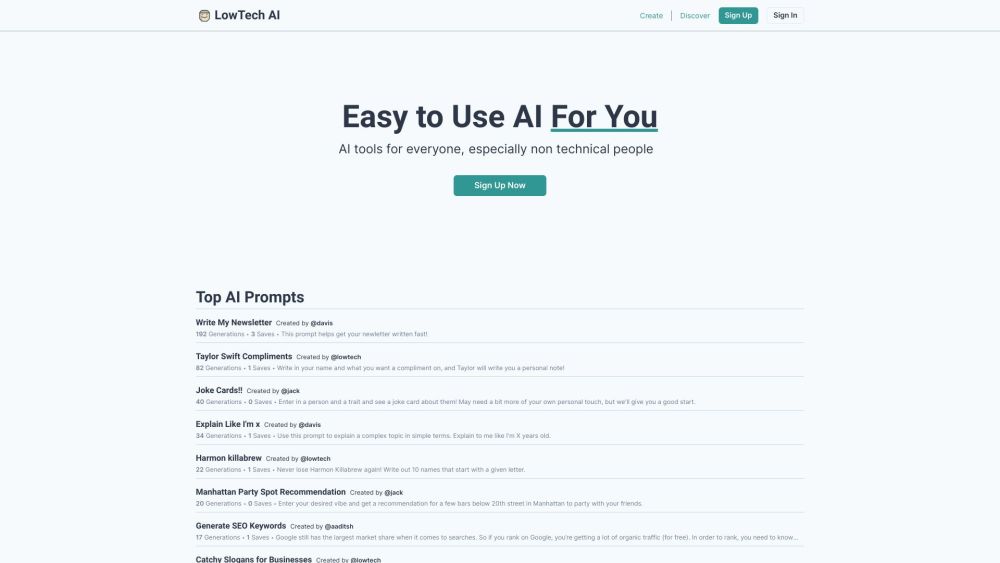On Thursday, SalesForce (CRM) reported earnings below expectations, leading to the largest single-day stock drop since 2004. This disappointing performance is part of a broader trend within the B2B SaaS sector, which has faced a spate of weak earnings reports this season.
During this reporting cycle, nearly all B2B SaaS companies lowered their guidance or fell short of investor expectations, including Asana (ASAN), Atlassian (TEAM), DataDog (DDOG), Snowflake (SNOW), Twilio (TWLO), and Workday (WDAY).
"It's Not AI (Yet)"
In 2011, Marc Andreessen famously proclaimed, "Software is eating the world" in a Wall Street Journal op-ed. In its wake, a surge of Software-as-a-Service startups disrupted traditional software companies, leading to some highly successful IPOs.
Recently, however, concerns have arisen that large language models (LLMs) could threaten the entire software ecosystem. Venture capitalist Chris Paik of Pace Capital argues in his essay “The End of Software” that LLMs could dramatically lower software development and maintenance costs, potentially replacing traditional SaaS models with more agile solutions.
Paik suggests this evolution may prompt a fundamental reevaluation of software design, sales, and consumption, potentially jeopardizing existing B2B SaaS business models. He suggests that pursuing a computer science degree today might resemble majoring in journalism in the late '90s.
While technologies like GPT and GitHub’s Copilot are proving beneficial to software engineers, some experts caution against overestimating their immediate impact. Venture capitalist Deedy Das from Menlo Ventures remarked on X that while AI may enhance productivity and automate specific tasks, fully automating software development remains a significant challenge.
Das noted that software job growth is slowing, influenced by factors such as overhiring during the pandemic and the efficiencies introduced by software itself. Importantly, Das emphasizes that this trend is not solely due to AI taking over software development.
"Diffusion of AI Benefits"
Technological innovation should ideally benefit all participants as adoption spreads. Companies within the SaaS sector that swiftly integrate AI will likely be the first to experience these advantages, allowing them to develop features that enhance customer value.
We’re observing a clear division in the market, with agile, niche-focused B2B SaaS companies like Appfolio (APPF), AppLovin (APP), Q2 Holdings (QTWO), and Zeta (ZETA) thriving amid industry declines. As established SaaS companies incorporate AI and successfully monetize these advancements, they could return to a growth trajectory.
"Software’s Problems Are More Mundane Right Now"
According to Das, the reasons for the recent downturn in B2B SaaS revenues and earnings are somewhat routine. During the pandemic, many companies over-hired and are now laying off high-cost employees. Reports from Layoffs.fyi indicate that 263,180 tech workers were laid off in 2023, with an additional 89,193 in early 2024.
Because most SaaS solutions are priced per user, workforce reductions directly knock billions off recurring revenues industry-wide. One key advantage of SaaS is the flexibility it offers in scaling up or down without long-term commitments.
Moreover, as macroeconomic pressures compel companies to cut costs, there’s increased scrutiny on SaaS expenditures. Some CIO surveys suggest that as much as 30% of SaaS spending could be unnecessary.
In parallel, unemployment rates in California and Washington are rising, while tech job postings have tapered off since their 2022 peak. Unless there is a notable uptick in economic growth and hiring, the SaaS industry may not see a return to growth in the near future.
Important Disclosure: The author is an active trader and investor and holds securities in certain companies mentioned in this article. This content is intended for informational purposes only and does not constitute investment advice. Data may contain inaccuracies and should not be relied upon for investment decisions. Trading and investing involve financial risk. Consult a professional before making any investment decisions.




